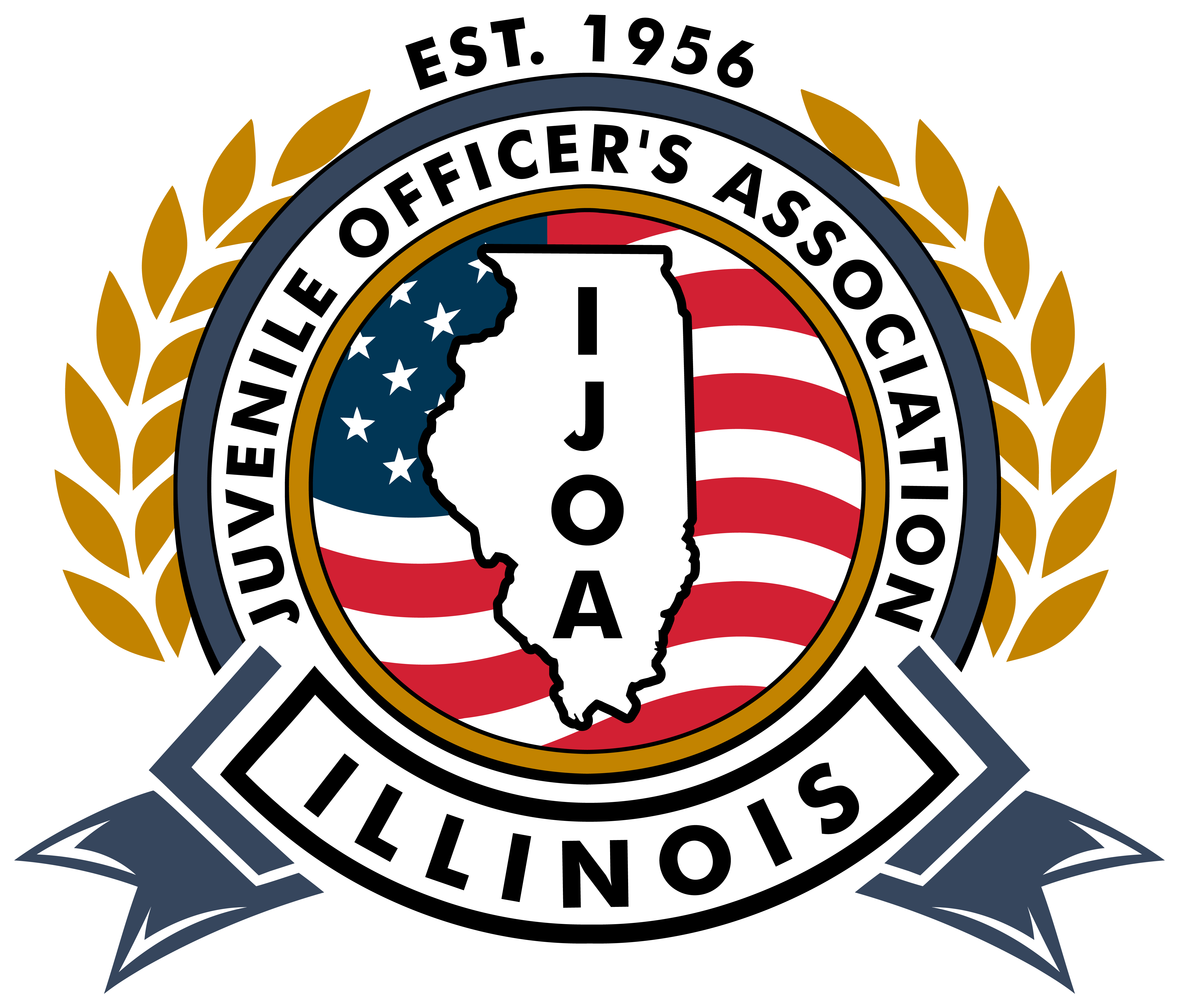Legislation Update – Ray’s Corner Legislative Chair Ray Violetto—Tinley Park PD
SENATE BILL 2185
On September 26, 2017, Gov. Rauner signed SB 2185, Also known as Conor’s Law, which affects how a police officer releases a minor under the age of 21 after an arrest for intoxication.
This bill became PA 100-0537 with an effective date of June 1, 2018.
This added 20 ILCS 2605/2605-54 and amended 50 ILCS 705/10.17-5 and both require a training policy to train police officers who arrest a minor under the influence of alcohol or drugs for the release of such minor after the arrest to a responsible adult.
The Illinois Law Enforcement Training & Standard Board has developed a model policy for all police departments which can be accessed at the ILETSB website.
Senate Bill 2350
SB 2350 PA 100-0996, became effective January 1, 2019 which mandates a law enforcement active shooter drill within the first 90 days of the first day of school. Senate Bill 0293, PA 100-0697, mandates DCFS maintain all unfounded cases for five years.
House Bill 4345
HB 4345 PA 100-0900, designates the third Friday in May of each year as First Responder Awareness Mental Health Day.
Pending Legislation
House Bill 36 – Amends the Criminal Code of 2012 concerning mob action. Provides that a student of a public, private, or parochial elementary or secondary school shall be exempt from prosecution for mob action if the event occurred on the grounds of that public, private, or parochial elementary or secondary school during regular school hours.
House Bill 160 – Amends the Cannabis Control Act. Provides that the enhanced penalties for delivering cannabis in a school or on school property only apply to an offense committed in or on the grounds of an active and operational school when school is in session, children are
present, or when school related activity occurs. Exempts from a violation an enrolled student at the school. Effective immediately.
House Bill 191 – Requires walk-through metal detectors at all public entrances of a school, including main entrance, gymnasium, or football stadium. School boards are also required to operate walk-through metal detectors at all entrances open to the public during any special event
if more than 1,000 people are present.
House Bill 208 – Requires instruction in grades K-12 on the side effects of cannabis when the use of cannabis is not authorized by medical marijuana laws. Each school board must develop and integrate a test on the use and side effects of cannabis and require passage of the test by each student.
House Bill 222 – In addition to reporting requirements under the Abused and Neglected Child Reporting Act, if a school district employee or volunteer receives a report alleging sexual abuse or sexual assault of an enrolled student by another district employee or volunteer, the receiving
employee or volunteer must inform the student’s parent or guardian, the State Board of Education, the school board, and the local law enforcement agency.
House Bill 277 – Creates the offense of “negligent failure to report an instance of suspected child abuse or neglect” which would occur when a teacher personally observes or learns of an instance of suspected abuse and fails to immediately report to DCFS. Allows school boards to dismiss employees that are determined to have negligently failed to report such abuses.
House Bill 0181 – Amends the Criminal Code of 2012. It creates the offense of parental bullying. Provides that a parent or legal guardian of a minor commits parental bullying when he or she knowingly and with the intent to discipline, embarrass, or alter the behavior of the minor, transmits any verbal or visual message that the parent or legal guardian reasonably believes would coerce, intimidate, harass, or cause substantial emotional distress to the minor.
It provides that parental bullying is a petty offense. Provides that if a person is convicted of parental bullying, the court shall order that person to pay for the costs of prosecution and that a portion of any fine imposed, determined by the court, be placed in escrow for the purchase of a certificate of deposit for use by the victim when he or she attains 18 years of age.

